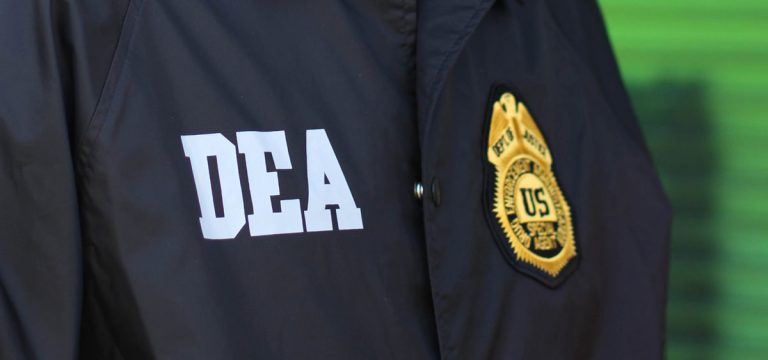In a recent letter to congress that was Updated by Punchbowl News, a DEA representative asserted that the Drug Enforcement Administration has “final authority” on any decision regarding the status of cannabis under the Controlled Substances Act. Amid numerous active efforts to change how the federal government treats cannabis that have been playing out in congress, courts, and the executive branch, this assertion by the DEA highlights the complexity of the situation.
The DEA is currently reviewing the federal classification of marijuana as a Schedule 1 drug, following a recommendation from the Department of Health and Human Services (HHS) to reclassify cannabis to a less restrictive Schedule III, indicating a shift in perspective on its medical value and potential for abuse. Meanwhile, public support of cannabis legalization is at an all-time-high: a recent Gallup poll revealed that seven in ten Americans support a change in policy.
While the HHS has made its stance clear, the DEA holds the final authority to reschedule or deschedule drugs under the Controlled Substances Act. Despite the ongoing review initiated under President Biden’s directive, the DEA has not provided a timeline or clear indication of its position, maintaining a secretive and procedural stance.
This lack of transparency and the DEA’s power to make a final decision have caused frustration among lawmakers, advocates, and the public. Critics argue that the DEA should align with the evolving public opinion and Congressional calls for legalization. In response, Rep. Earl Blumenauer, co-chair of the Congressional Cannabis Caucus, and other lawmakers have urged the DEA to recognize the merits of legalization and consider a more progressive approach during their review.
The secretive nature of the HHS’s rationale for recommending the rescheduling of cannabis, with only heavily redacted documents available to the public, further complicates the issue. Although the Congressional Research Service suggests that the DEA might follow the HHS’s recommendation based on historical precedent, the agency’s current opaque approach leaves the outcome uncertain.
As the debate continues, stakeholders eagerly await the DEA’s decision, which will have significant implications for federal cannabis policy and broader efforts towards reform.
Get daily cannabis business news updates. Subscribe
